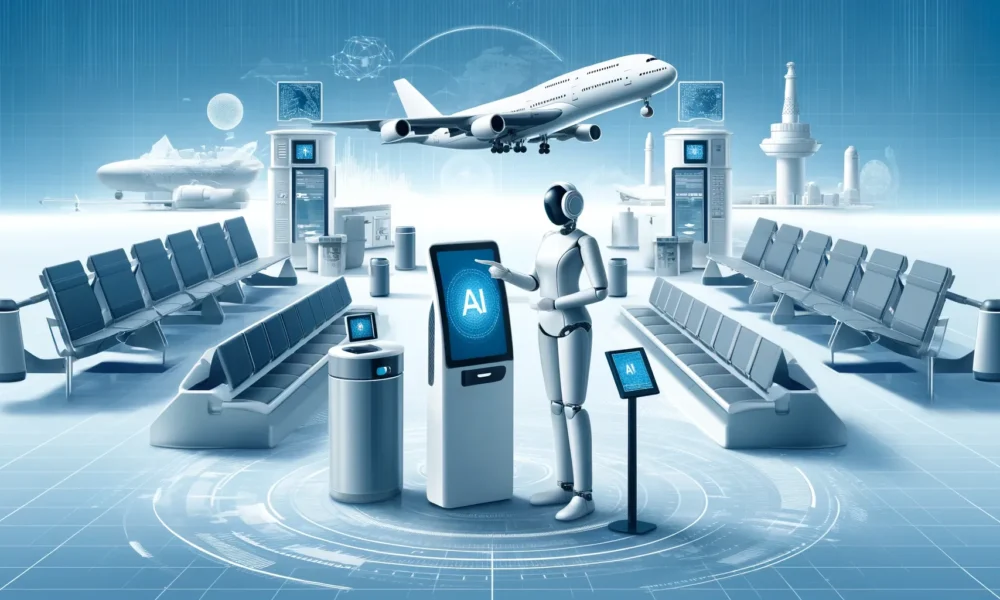How Technology is Transforming the Future of Travel Experiences

The way people travel today is vastly different from even a decade ago. Thanks to the rapid rise of digital platforms, smart devices, and data-driven solutions, travelers are no longer confined to traditional methods of planning or booking their trips. Instead, they now expect seamless, customized, and efficient experiences powered by technology. This shift is not just changing how we explore the world but also redefining what it means to travel.
One of the biggest drivers of this transformation is mobile accessibility. A smartphone today is essentially a personal travel agent, navigation tool, and translator all in one. With just a few taps, travelers can browse destinations, compare prices, read reviews, and confirm bookings instantly. Beyond convenience, this accessibility has increased trust and transparency, as people can make decisions based on real-time information and peer experiences.
Another area where technology has left a strong mark is personalization. Artificial intelligence and machine learning now allow travel platforms to understand user preferences at a granular level. By analyzing previous searches, bookings, and behavior, these systems can recommend tailored destinations, activities, and accommodations that align closely with an individual’s interests. What once required hours of research can now be achieved in minutes, offering a more curated and meaningful journey.
The accommodation sector is also experiencing a technological revolution. Digital booking engines and smart integration tools give travelers greater control over their choices, whether they want luxury, budget, or unique stays. For example, platforms like selfcatering.co.uk highlight how tech-enabled systems can provide users with flexible booking options, diverse property selections, and smoother communication with hosts. The result is a more user-friendly process that bridges the gap between travelers and property owners.
Contactless technology is another innovation that has surged in popularity, especially since the global pandemic. Digital check-ins, mobile room keys, and automated payment systems are now common in many parts of the world. These tools not only enhance safety but also add convenience, allowing travelers to bypass queues and enjoy a more fluid experience. It reflects the broader trend of reducing friction in every stage of the travel process.
Virtual and augmented reality are emerging as powerful tools for the travel industry as well. VR can transport potential visitors into digital previews of destinations or accommodations, allowing them to visualize their trips before committing. AR, on the other hand, is enhancing on-the-ground experiences by overlaying useful information onto real-world environments, from interactive museum guides to language translations in real time. These technologies are blurring the lines between planning and experiencing, making travel more engaging than ever.
Sustainability is also becoming intertwined with technological advancements. Travelers are increasingly mindful of their environmental footprint, and digital platforms are responding with solutions that encourage eco-friendly choices. From apps that help offset carbon emissions to platforms that highlight green-certified properties, technology is pushing the industry toward a more responsible and conscious future.
The role of data analytics cannot be overstated in this transformation. Behind every booking platform and travel app lies a complex system that processes vast amounts of information. This data helps businesses predict demand, adjust pricing strategies, and optimize services. For travelers, it translates into dynamic pricing, better deals, and more relevant offerings. For providers, it means greater efficiency and competitiveness in a crowded market.
Looking ahead, the integration of smart devices and the Internet of Things promises even more innovation. Imagine hotel rooms that automatically adjust lighting, temperature, and entertainment based on a guest’s profile, or rental properties equipped with AI-powered assistants that can handle everything from local recommendations to troubleshooting. These kinds of advancements will continue to elevate the standards of comfort and personalization in travel.
In conclusion, the travel industry is at the forefront of digital transformation, reshaping how people discover, plan, and experience their journeys. From mobile accessibility and personalization to sustainability and immersive technologies, innovation is creating a more connected and adaptable future. As travelers continue to embrace these changes, businesses that prioritize user-friendly, tech-enabled solutions will be best positioned to thrive in this evolving landscape.

Source: How Technology is Transforming the Future of Travel Experiences




